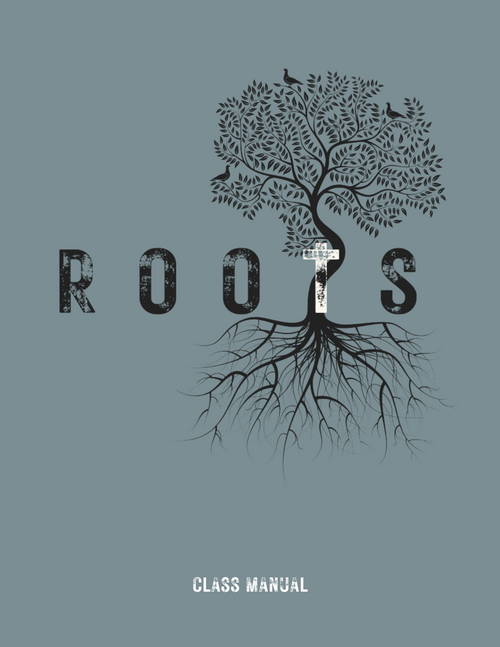INTRO & WORKBOOK EXPLANATION

"6 Therefore as you have received Christ Jesus the Lord, so walk in Him, 7 having been firmly rooted and now being built up in Him and established in your faith, just as you were instructed, and overflowing with gratitude."
Colossians 2:6-7
Colossians 2:6-7
Too many who claim Christ lack confidence in their faith. They believe in Jesus... but they don’t truly know the why or what behind what they believe. And when life gets tough, they’re uprooted, responding no differently than those who’ve never heard the message.
We’ve embraced the idea that doctrine and theology are boring or irrelevant—and it’s cost us dearly. This mindset has produced people who profess Christ but lack the truth about Him.
Without good doctrine and theology, faith can become a fragile, emotional experience rather than an unwavering devotion.
And the evidence of the cost of this shallow faith is staggering:
These numbers aren’t just statistics; they reveal a theological crisis. A faith built on half-truths cannot stand in the face of trials. Without firm roots in sound doctrine and theology, we hold on to flimsy foundations when the storms come.
So how do we respond?
The Bible calls us to pursue being firmly rooted in Christ and established in faith.
It's time to deepen our roots.
We’ve embraced the idea that doctrine and theology are boring or irrelevant—and it’s cost us dearly. This mindset has produced people who profess Christ but lack the truth about Him.
Without good doctrine and theology, faith can become a fragile, emotional experience rather than an unwavering devotion.
And the evidence of the cost of this shallow faith is staggering:
- 70% of evangelicals believe Jesus was created, rather than eternal.
- 51% see the Holy Spirit as a force, not a personal being.
- 37% say religious belief is just a matter of personal opinion, not objective truth.
- Despite over two-thirds of Americans claiming to be Christian, only 6% demonstrate a biblical worldview or consistently apply biblical principles.
These numbers aren’t just statistics; they reveal a theological crisis. A faith built on half-truths cannot stand in the face of trials. Without firm roots in sound doctrine and theology, we hold on to flimsy foundations when the storms come.
So how do we respond?
The Bible calls us to pursue being firmly rooted in Christ and established in faith.
It's time to deepen our roots.

